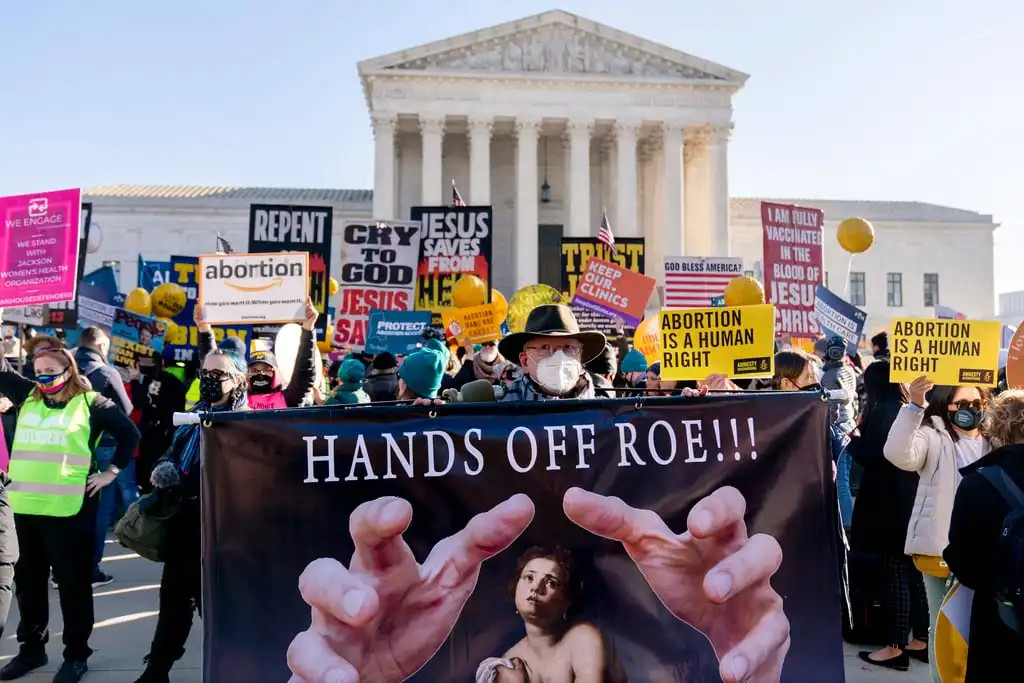Alabama IVF ruling: state tax breaks and child support for fetuses spotlighted
Alabama Supreme Court ruling on frozen embryos as legally protected children highlights broader implications of fetal personhood laws across the US.
The recent ruling by the Alabama Supreme Court regarding the legal protection of frozen embryos as children has brought to light the broader implications of the idea that a fetus should have the same rights as a person. This concept underpins laws and proposals from abortion opponents across the United States, extending beyond dramatic court cases to more subtle legislative measures.
In at least six states, lawmakers have proposed measures similar to a Georgia law that allows women to seek child support back to conception in order to cover expenses from a pregnancy. Georgia also permits prospective parents to claim its income tax deduction for dependent children before birth, while Utah enacted a pregnancy tax break last year. Variations of these measures are being considered in at least four other states.
In addition to legislation that criminalizes harming or killing a fetus, there are several dozen proposals aimed at promoting fetal personhood pending in at least 15 states. This analysis, conducted using bill-tracking software Plural by the Associated Press, sheds light on the anti-abortion movement's long-standing goal of granting legal and constitutional protections to embryos and fetuses on par with those of the women carrying them.
While abortion rights advocates view proposals granting limited protections to embryos and fetuses as potentially having broader implications, supporters of fetal personhood argue that any law that applies to a human could then be applied to fetuses. Melissa Murray, a professor at the New York University School of Law, emphasized that the entire array of statutory and constitutional law could be brought to bear on the issue.











Comments on Alabama IVF ruling: state tax breaks and child support for fetuses spotlighted